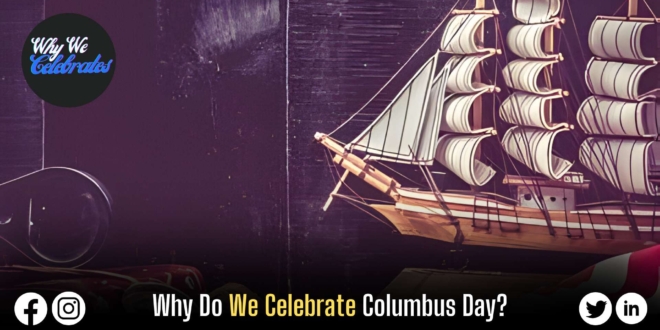Columbus Day, observed on the second Monday of October in the United States, holds a significant place in the nation’s calendar. This federal holiday commemorates the arrival of Christopher Columbus in the Americas on October 12, 1492, marking a pivotal moment in history.
Origins and Evolution
The Arrival of Columbus
Christopher Columbus, an Italian explorer, embarked on a daring voyage across the Atlantic Ocean with the support of King Ferdinand and Queen Isabella of Spain. His historic landing on Guanahaní Island in the Bahamas marked the beginning of European exploration in the Americas. Although Columbus was not Spanish by birth, Italian Americans championed his achievements, leading to celebrations in his honor.
From Local Celebrations to National Holiday
In 1792, the Society of St. Tammany (also known as the Columbian Order) celebrated the 300th anniversary of Columbus’s landing in New York City. By 1892, the 400th anniversary became a nationwide celebration through presidential proclamation. As cities with large Italian American populations joined the festivities, Columbus Day gained prominence. In 1937, it officially became a national holiday.
Controversies and Alternatives
European Conquest and Indigenous Peoples
Over time, Columbus Day evolved beyond mere celebration. By the quincentennial in 1992, discussions shifted toward acknowledging the European conquest of American Indians. Some proposed alternatives, including Indigenous Peoples’ Day, which honors the Native populations violently uprooted and exploited since Columbus’s arrival.
Día de la Raza
In Spanish-speaking countries, the landing is observed as Día de la Raza, meaning “Day of the Race” or “Day of the People.” Rather than celebrating Columbus’s arrival, this day celebrates the rich heritage of indigenous peoples in Latin America, blending their culture with that of Spanish explorers.
Columbus Day Today
Parades, Ceremonies, and Reflection
Modern Columbus Day is marked by parades, public ceremonies, and festivities. Floats depicting Columbus’s ships sail through city streets, and communities come together to honor his legacy. However, the holiday also prompts reflection on the complex history of European colonization and its impact on indigenous communities.
Looking Ahead
As we celebrate Columbus Day, let us recognize the layers of history it represents—the courage of exploration, the clash of cultures, and the resilience of indigenous peoples. Whether we choose to commemorate or question, Columbus Day remains a pivotal chapter in our nation’s story.
The Growing Debate:
Columbus Day has become a topic of heated discussion in recent years. Some people believe that when Christopher Columbus arrived, it led to a very difficult time for the native people. They were enslaved, mistreated, and their culture suffered. This view makes us question whether we should celebrate Columbus Day or not.
Understanding the Complexity:
When Christopher Columbus set sail on his famous voyage, he discovered new lands and opportunities. This was exciting because it opened up new possibilities for trade and learning. However, there’s another side to this story. The arrival of Columbus also brought great suffering to the native people who had lived in the Americas for thousands of years. Their lives were forever changed by this encounter.
Moving Forward:
Some people have decided to change the name of Columbus Day. Instead of calling it that, they now call it Indigenous Peoples’ Day. This new name is meant to honor and acknowledge the Native American communities who have been here for a very long time. They’ve made important contributions to our history and culture.
What Can We Do?
Columbus Day is a day when we remember Christopher Columbus, the explorer who arrived in the Americas in 1492. People have different opinions about this day. Some celebrate it, while others question its significance. But no matter what we think, Columbus Day gives us a chance to think critically and talk openly. By listening to different viewpoints and having respectful conversations, we can better understand the complex history behind it. It’s an opportunity to learn, reflect, and recognize the many different aspects of our shared past.






